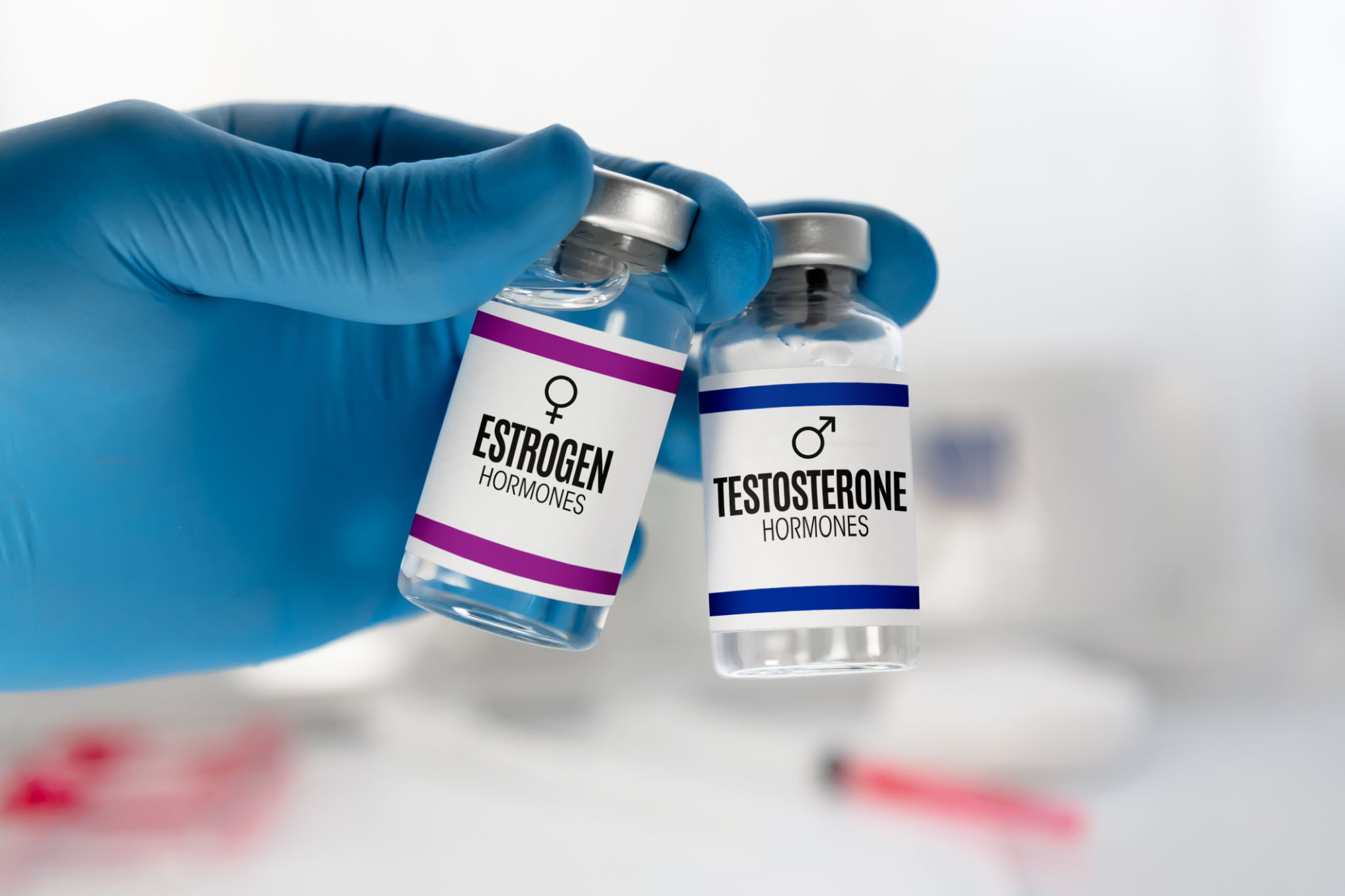Common Misconceptions About Hormone Replacement Therapy: Myths vs. Facts
Understanding Hormone Replacement Therapy
Hormone Replacement Therapy (HRT) is a topic surrounded by many misconceptions. As with any medical treatment, it is essential to separate myths from facts to make informed decisions. This post aims to clarify common misunderstandings about HRT and provide a more accurate perspective.

Myth 1: HRT Is Only for Women
While HRT is often associated with menopause in women, it is not exclusively a female treatment. Men can also benefit from hormone therapy, particularly in addressing low testosterone levels. Testosterone replacement therapy can help improve energy, mood, and overall quality of life in men experiencing andropause.
Both men and women can experience hormonal imbalances due to aging, stress, or medical conditions, and HRT can be a viable solution for both genders. It's crucial to consult with a healthcare professional to determine the appropriate treatment based on individual needs.
Myth 2: HRT Causes Cancer
One of the most pervasive myths about HRT is its supposed link to cancer, especially breast cancer. While some studies have suggested a connection, the relationship is not as straightforward as it seems. The risk can vary depending on the type of hormones used, duration of treatment, and individual health factors.

Newer HRT formulations and regimens have been developed to minimize risks, and ongoing research continues to provide more clarity. It’s vital for individuals considering HRT to have a detailed discussion with their healthcare provider about their personal risk factors and benefits.
Myth 3: HRT Is Only for Severe Symptoms
Another common misconception is that HRT is only necessary for those experiencing severe symptoms of menopause or hormonal imbalance. In reality, HRT can be beneficial for managing a range of symptoms, from mild to severe. These can include hot flashes, night sweats, mood swings, and even bone density loss.
The goal of HRT is to improve quality of life by alleviating uncomfortable or disruptive symptoms. Even if symptoms are not debilitating, HRT might still provide significant relief and enhance daily functioning.

Myth 4: Natural Supplements Are Safer Than HRT
Many people believe that natural or herbal supplements are a safer alternative to HRT. However, "natural" does not always mean safe or effective. Unlike prescription medications, supplements are not regulated by strict standards, which means their quality and efficacy can vary widely.
Before considering supplements as an alternative to HRT, it's important to consult with a healthcare provider. Some supplements may interact with other medications or have side effects that could negate their benefits.
Conclusion: Making Informed Decisions
Understanding the facts about Hormone Replacement Therapy is crucial for making informed decisions about your health. By dispelling these common myths, individuals can approach HRT with a clearer perspective and discuss their options with healthcare professionals confidently.
Always seek advice from qualified healthcare providers when considering any form of hormone therapy. With accurate information and professional guidance, you can make choices that best support your health and well-being.
